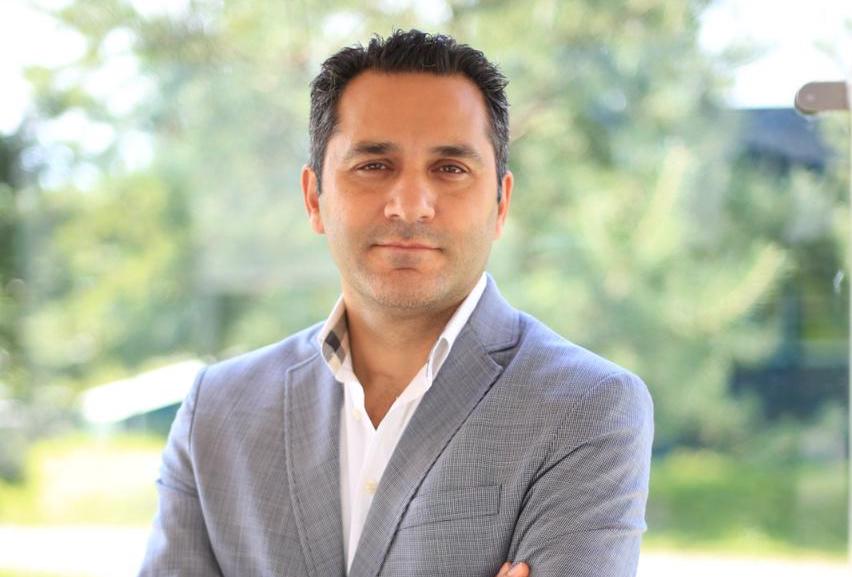

A policy on women inclusion and empowerment is not just a moral imperative, it is a core element of business growth and a key driver of success.
In recent years, the topic of women’s empowerment has moved from the margins to the center in governments and the private sector. Although great strides have been made, the path to true equality remains fraught with difficulties. Today, we stand at a critical crossroads: will we seize the opportunity to unlock the potential of half the world’s population, or continue to miss out on the enormous contribution they can offer?
The argument in favor of women’s empowerment is not just a moral imperative, but also a compelling economic and social reality. Research consistently shows a strong correlation between gender equality and economic growth. Empowering women through access to education, healthcare, and economic opportunity creates a more skilled and productive workforce, spurring innovation and driving national prosperity.
Philip Morris Egypt and the Levant is proud of the progress we have made in promoting gender balance in our workforce. In line with Philip Morris International’s global strategy, we have designed and implemented dedicated programs to attract, develop and retain female talent. In Egypt, women make up approximately 40% of our workforce and hold 40 leadership positions. In Lebanon, women make up 45% of our workforce and hold almost one-third of key leadership positions, while Jordan is led by a female General Manager and holds 30% of key leadership positions. These figures demonstrate our commitment to seeking a diverse and inclusive environment that provides opportunities for growth and development for everyone around the world.
Equal pay is a major consideration when discussing gender equality in the workplace. In 2019, we are proud to be the first international company to achieve global EQUAL-SALARY certification as a testament to our unwavering commitment to closing the gender pay gap. Earning this certification is not just a one-time achievement; it is the culmination of an ongoing effort that began with a deep commitment to gender equality. We actively analyze and adjust our compensation practices to ensure complete fairness and transparency. This ongoing process ensures that women doing the same work as men receive equal compensation, improving the working environment within the company and ensuring sustainable growth.
Women play different roles in society and face many expectations as employees, mothers, daughters and partners. We understand the dilemmas of motherhood and strongly respect the needs of new parents by offering a comprehensive parental leave policy. This allows individuals to devote appropriate time to their families during this critical period without jeopardizing their careers or professional development. We believe that this support fosters a strong sense of well-being among employees, ultimately contributing to a more engaged and productive workforce.
In Egypt and the Levant, we are committed to developing the skills of the local workforce to ensure they meet international labor standards. We are proud that our learning and development framework has successfully deployed a large number of Arab female talent to Philip Morris affiliates around the world, including Switzerland, the United States, the United Arab Emirates and Italy.
Finally, despite the remarkable societal achievements in women’s empowerment achieved today, there is still room for further improvement. Incorporating and empowering women’s unique perspectives brings great value to the decision-making table and distinguishes great organizations that grow sustainably through a deeper understanding of their employees, customers, vendors and community partners. Philip Morris Egypt & Levant remains committed to leading by example and advocating for a more inclusive future where talent, achievements, potential and capabilities are always the benchmark for progress.
Ali N. Karaman, Managing Director, Philip Morris Egypt & Levant
Tara Thomas Agency stands at the forefront of the entertainment industry, with years of experience dedicated to nurturing the most exceptional talents and successful acts.